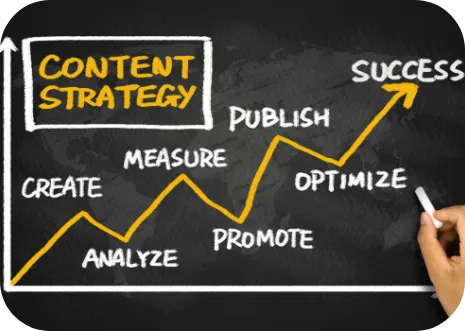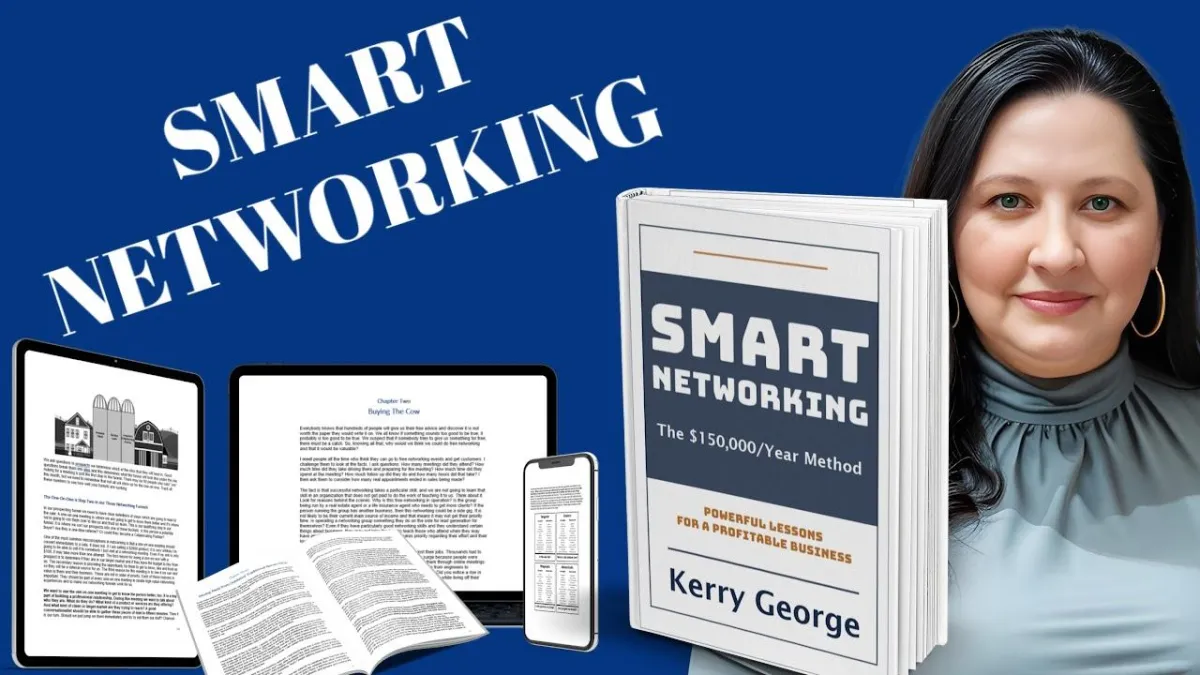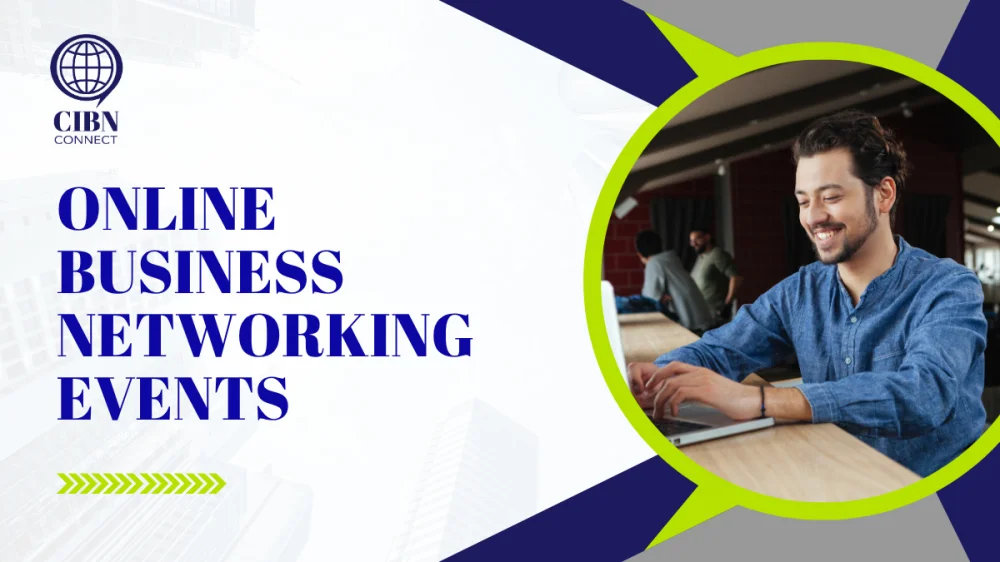Power Up
Your Networking Strategy
The best online networking is waiting for you now!
Power Up Your
Content Strategy
Unlock your brand's potential with our expert content marketing solutions.

Our Story
After decades of working with business owners, entrepreneurs and professionals, CIBN Connect is in a unique position to change up your networking results!
Our Offerings
Tailored solutions for your business needs.

Networking
Networking should be fun and profitable. Get the tools that make a difference. At CIBN Connect we get you started with SMART NETWORKING - The $150,000 Method, A Chrome Extension to get your appointments booked and over 500 online meetings a year to choose from. Get onboarded and get started today!


Speaking Opportunities
CIBN Connect offers a great place for speakers to learn to speak and have access to valuable peer feedback. This level also includes speaker training, goal setting training and social media training to help promote your speaking events.

Sales Training
No amount of networking or lead generation will help if you struggle with making sales. Fix this problem first. Business owners need to be able to book sales appointments, carry out sales presentations, and close deals. Find out the processes that will move you forward and get started on a sales path that will propel your business to success!

Testimonies From Our Members

YES! Please update me about upcoming online events at CIBN Connect!

Facebook
Youtube
X
LinkedIn